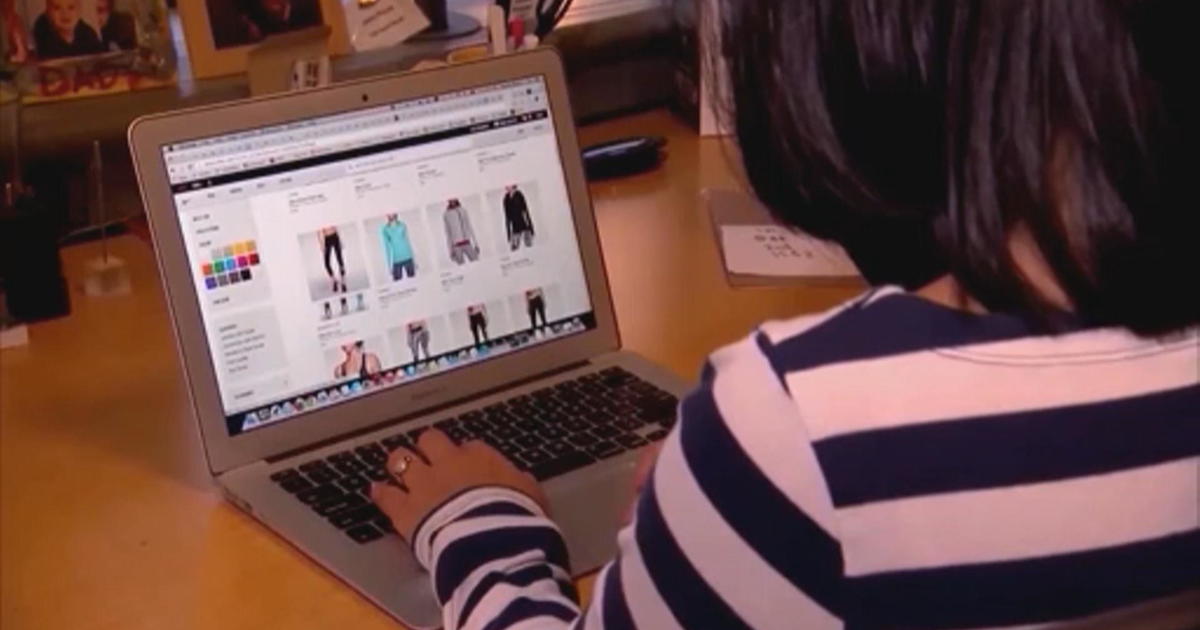
Sale ending soon! Only two left! This is a hot item! If you've shopped online, you've probably seen those messages. What you may not realize: They're designed to make you spend more. The tactics have huge implications on how American consumer spends as online sales, for the first time, surpassed in-store sales in 2019.
Online stores have adopted tricks used by infomercials and home shopping networks for years. The only difference now: online stores want you to click the buy button.
After reviewing 200 of the top shopping sites, including Amazon, eBay and Macys.com, a study by the University of Michigan found that the sites had an average of 19 features that encourage impulse buying, such as limited-time discounts and wording that made an item seem like it was almost out of stock.
Trending News
The best way to combat them? Being aware of the tactics retailers use.
"The onus is on the consumer," said Paco Underhill, author of "Why We Buy: The Science of Shopping."
Almost sold out?
Be suspicious of messages that say an item is almost sold out. They're easy to fall for, since more people are shopping on their phones and have less time to shop, Underhill said.
He suggested shoppers take a break and check back a couple of hours later, especially if it's an item you don't really need. Chances are the item is not really selling out.
Another thing to watch out for: messages saying an item is in high demand. They can make you feel like the item may sell out soon and entice you to buy.
A study by Princeton University and the University of Chicago singled out online clothing seller Fashion Nova, which tells customers that certain items "are in high demand." The problem? The message appears for any item a shopper adds to the cart.
Fashion Nova's cart also tells shoppers that their items are being "reserved" for 10 minutes. But nothing happens to the items after 10 minutes pass. Fashion Nova didn't respond to a request for comment.
Falling prices
It's common for an online shopping giant like Amazon to show a crossed off "list price" and a lower price it is selling the item for. Don't rely on that, said Edgar Dworsky, a consumer advocate who runs ConsumerWorld.org. He recommends searching for the item on other sites to see if there's an even lower price.
Another tip: Use CamelCamelCamel.com to see how a price has changed over time and if a product has been cheaper.
Be wary of sites that say there's a limited-time discount yet don't give you a final date. That's a sign it's merely a way to get you to shop now.
Confusing emails
If you went to an online store, expect to get an email soon. Online stores use artificial intelligence technology to send emails if you browse or add something to a cart, even if you don't purchase anything.
Read the messages carefully — they're designed to get you back to shop.
Dworsky has received emails where the subject line made a promise of offering $10 off or free shipping, for example, but then the small print said you have to buy much more to qualify.
Fighting back
If you see a sale countdown clock that keeps restarting, savings that are too good to be true or other misleading activity, Dworsky said you should alert authorities. T
ry your local consumer affairs office, state attorney general or the Federal Trade Commission, which takes consumer complaints on its site. Also try complaining to the online store.
"Until someone stops them," he said. "They're going to keep doing stuff that crosses the line to being deceptive."
"tactic" - Google News
January 24, 2020 at 01:53AM
https://ift.tt/2tNTrcG
Online retailers' tricky tactics to stoke shoppers into impulse buying - CBS News
"tactic" - Google News
https://ift.tt/2NLbO9d
Shoes Man Tutorial
Pos News Update
Meme Update
Korean Entertainment News
Japan News Update
Bagikan Berita Ini














0 Response to "Online retailers' tricky tactics to stoke shoppers into impulse buying - CBS News"
Post a Comment